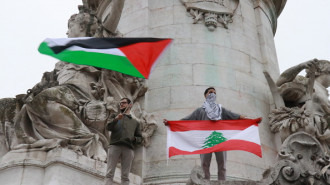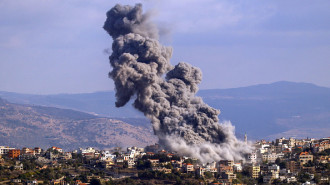Rights groups urge Obama to help free Gulf activists
Eleven non-governmental organisations have called on US President Barack Obama to help free human rights defenders in Gulf monarchies, ahead of a summit with their leaders later this month.
In an open letter published by the non-governmental organisation Gulf Centre for Human Rights (GCHR), the rights groups are asking the US leader to live up to his 2011 promise to support popular movements for reform across the region.
The letter refers to the imprisoning of specific activists over the past several years and recent legal developments that crackdown on freedom to dissent, often through anti-terrorism legislation.
“Some GCC countries like Saudi Arabia prosecute human rights defenders in courts designed for terrorists, and routinely treat them worse than criminals. GCC efforts to suppress human rights activists appears stronger than efforts to target people who pose a real threat of violence,” they said in the letter.
Among the signatories to the letter are the Cairo Institute for Human Rights Studies, Reporters Without Borders, and Human Rights First.
The six GCC member states are Bahrain, Kuwait, Oman, Qatar, Saudi Arabia and the United Arab Emirates.
The April GCC summit follows one held last year with Gulf allies in Camp David, which Saudi King Salman did not attend amid angst over Washington's efforts at the time to reach a nuclear deal with the kingdom's rival Iran.
Last month, the secretary general of the GCC met with his NATO counterpart for talks on deepening cooperation between the two organisations.
NATO has already developed political dialogue and practical cooperation with Bahrain, Kuwait, Qatar, and the United Arab Emirates through the Alliance’s Istanbul Cooperation Initiative, which was launched in 2004.
Despite presenting a unified front, the GCC countries have contrasting interests when it comes to policies regarding other Arab countries such as Libya, Egypt, Yemen and Syria.
They are however all increasingly having to deal with the effects of oil price volatility, which has fluctuated by more than 70 percent since January 2014.

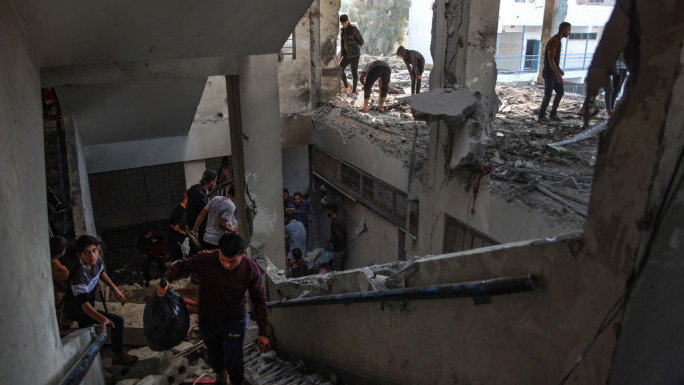
![President Pezeshkian has denounced Israel's attacks on Lebanon [Getty]](/sites/default/files/styles/image_684x385/public/2173482924.jpeg?h=a5f2f23a&itok=q3evVtko)

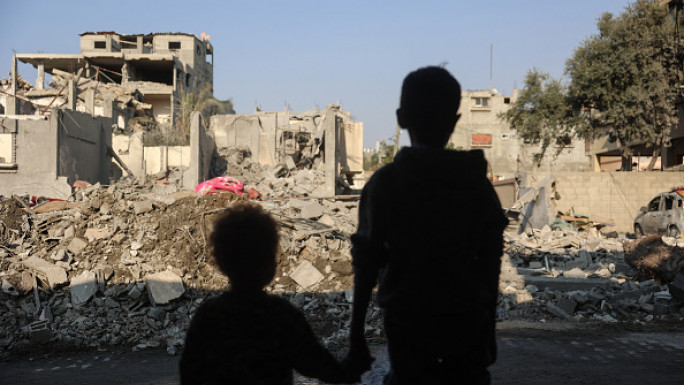
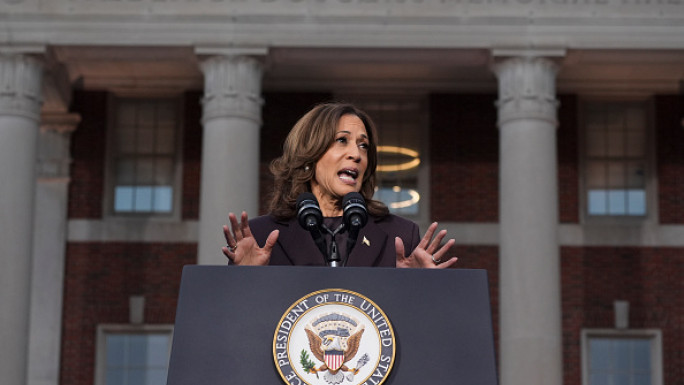
 Follow the Middle East's top stories in English at The New Arab on Google News
Follow the Middle East's top stories in English at The New Arab on Google News
